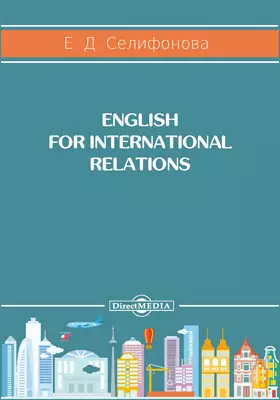English for International Relations : пособие по английскому языку для студентов 4 курса, обучающихся по специальности «Международные отношения»
Место издания: Москва|Берлин
ISBN: 978-5-4475-4085-2
Страниц: 178
Артикул: 11422
Краткая аннотация книги "English for International Relations"
Учебное пособие предназначено для студентов 4 курса отделения «Международные отношения» и освещает самые актуальные темы дипломатии, международных отношений и нравственных проблем общества. Учебное пособие имеет двухуровневую структуру и может использоваться для работы со студентами, имеющими Advanced Level and Intermediate Level.
Содержание книги "English for International Relations"
Unit 1. Diplomacy and diplomats
Unit 2. New Geopolitical situation
Unit 3. National identity problem and patriotism in our globalized world
Unit 4. Right for privacy vs. surveillance
Unit 5. Morality in politics and society
Unit 6. Religion and science
Unit 7. Robots attack
Supplement 1. Extracts for unprepared translation
Supplement 2. Additional texts for rendering
Все отзывы о книге English for International Relations : пособие по английскому языку для студентов 4 курса, обучающихся по специальности «Международные отношения»
Отрывок из книги English for International Relations : пособие по английскому языку для студентов 4 курса, обучающихся по специальности «Международные отношения»
When confronted with a specific case, however, it is no easy task to determine clearly what is desirable and what should be eschewed, just as we find it difficult to decide what exactly it is that makes good painting or good music. It is something that may be felt intuitively more easily than rationally comprehended. Likewise, the great moral teach-ers of humanity were, in a way, artistic geniuses in the art of living. In addition to the most elementary precepts directly motivated by the preservation of life and the sparing of un-necessary suffering, there are others to which, although they are apparently not quite commensurable to the basic precepts, we nevertheless attach considerable importance. Should truth, for instance, be sought unconditionally even where its attainment and its accessibility to all would entail heavy sacrifices in toil and happiness? There are many such questions which, from a rational vantage point, cannot easi-ly be answered or cannot be answered at all. Yet, I do not think that the so-called «relativistic» viewpoint is correct, not even when dealing with the more subtle moral deci-sions. When considering the actual living conditions of pre-sent day civilized humanity from the standpoint of even the most elementary religious commands, one is bound to ex-perience a feeling of deep and painful disappointment at what one sees. For while religion prescribes brotherly love in the relations among the individuals and groups, the actu-al spectacle more resembles a battlefield than an orchestra. Everywhere, in economic as well as in political life, the guiding principle is one of ruthless striving for success at the expense of one's fellow men. This competitive spirit prevails even in school and, destroying all feelings of hu-man fraternity and cooperation, conceives of achievement not as derived from the love for productive and thoughtful work, but as springing from personal ambit...
С книгой "English for International Relations" читают
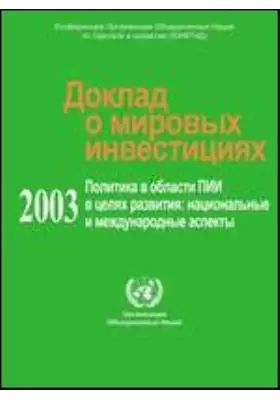

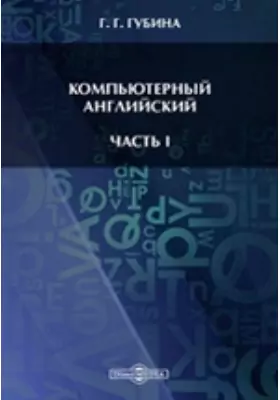



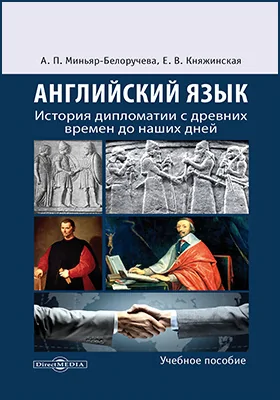
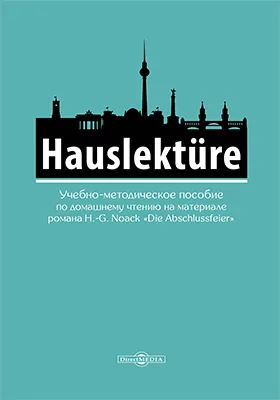


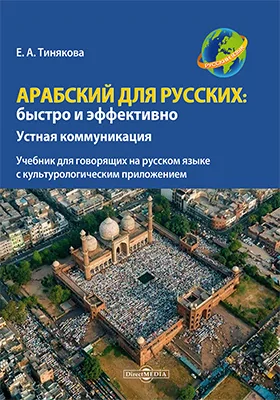

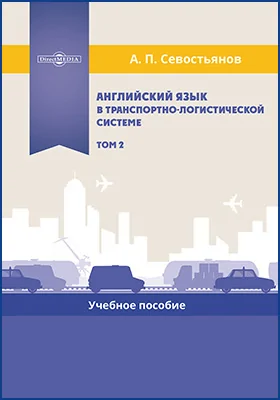
Бестселлеры нон-фикшн


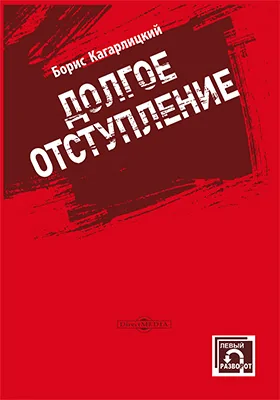
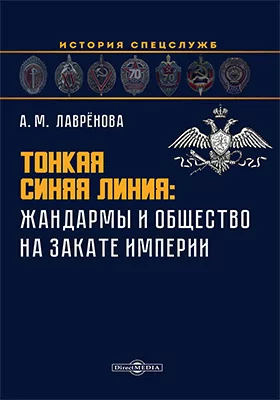

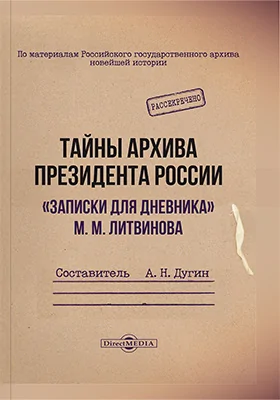
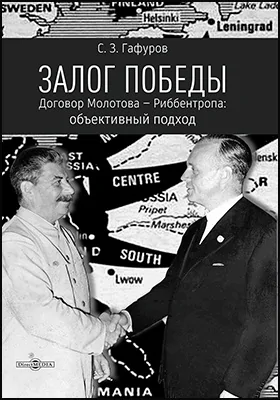

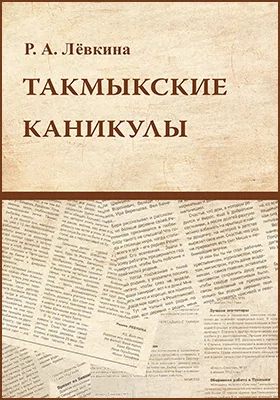
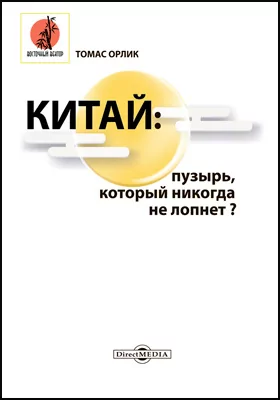



Новинки книги нон-фикшн



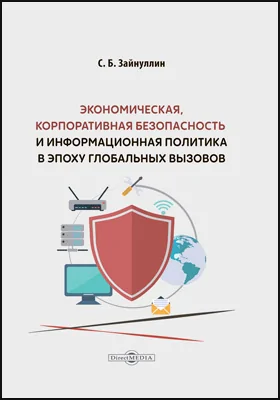
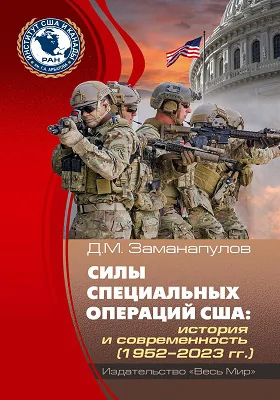
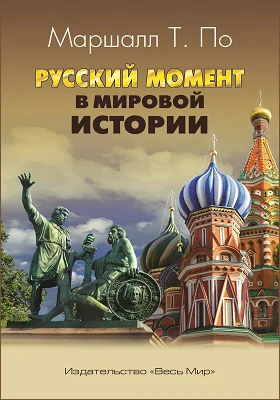

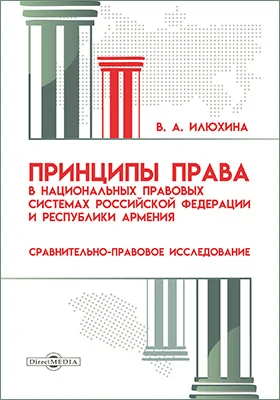

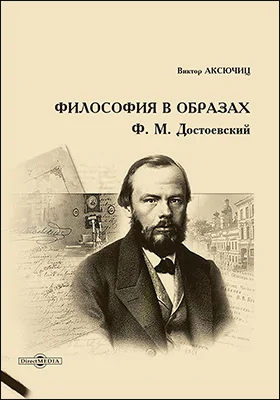

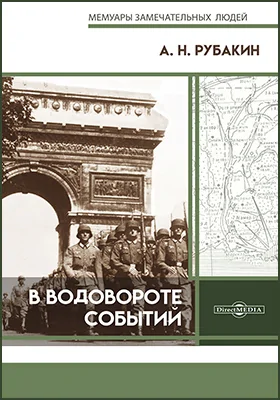

и мы свяжемся с вами в течение 15 минут
за оставленную заявку

